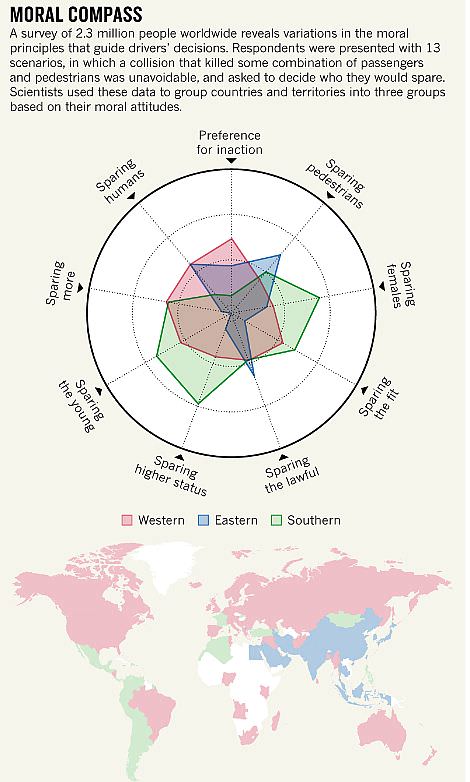Number37
Anyhow, have a Winfield 25.
- Oct 5, 2013
- 22,223
- 24,271
- AFL Club
- Sydney
"......the producer....."?
I was suggesting that in the event of a collision and subsequent litigation the outcome would be based on at least -but not necessarily exclusively - dual responsibilities ie degree of care the pedestrian took and whether a human would have handled the circumstances better. For example, been able to avoid or mitigate the damage. Expert witnesses would be used in determining the outcome you'd think.
As I've said, it's new territory. Different jurisdictions in the US, who are far further down the track than we are, have yet to develop a cohesive policy. We are taking it cautiously as we should.
Ordinarily causation is a question of fact, not law.
In the driverless scenario does causation become a question of law?





